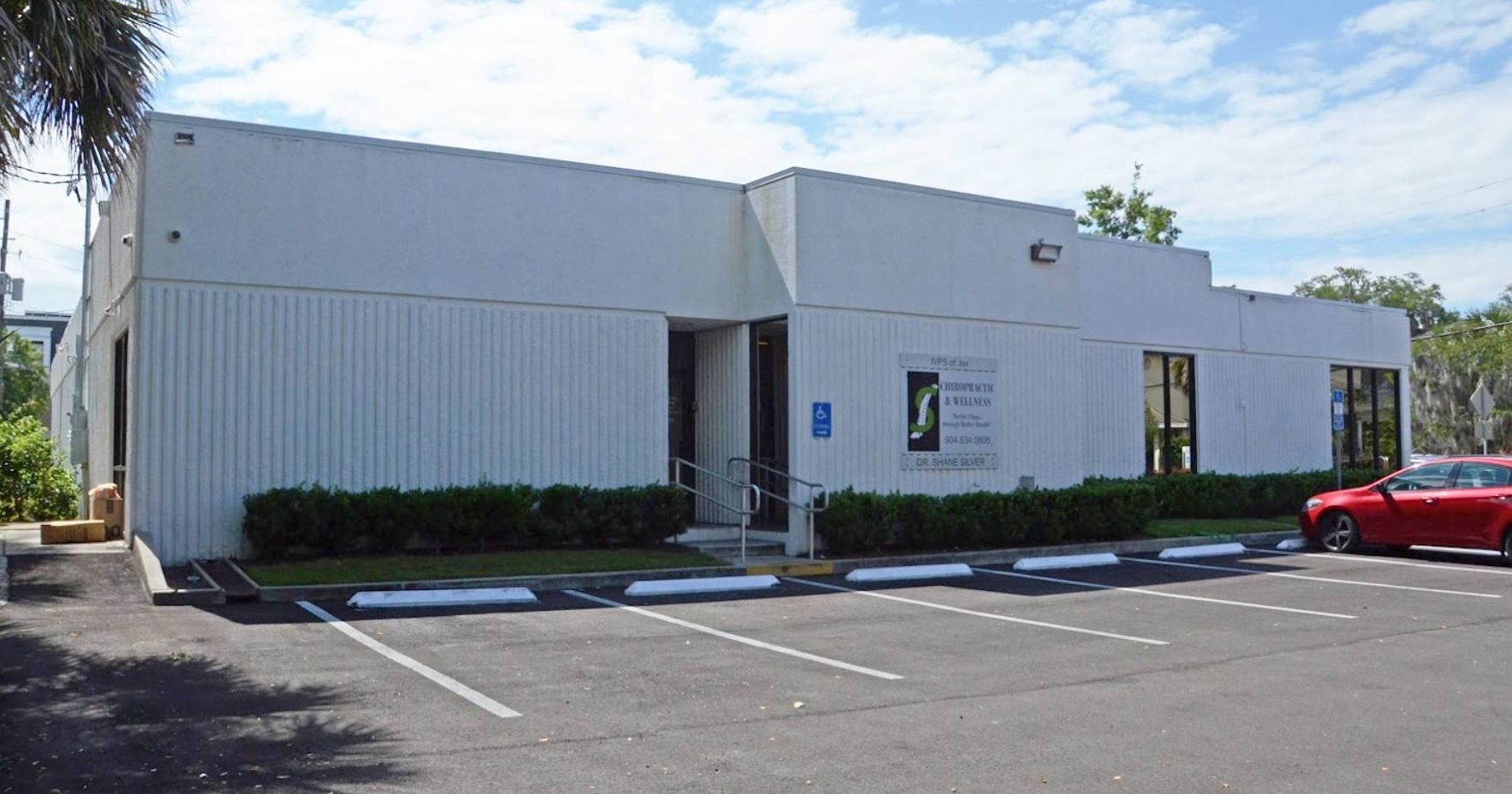Massage affects the circulation of blood and the flow of blood and lymph, reduce muscular tension or flaccidity, affect the nervous system through stimulation or sedation, and enhance tissue healing. These effects provide a number of benefits:
- Reduction of muscle tension and stiffness
- Relief of muscle spasms
- Greater flexibility and range of motion
- Increase of the ease and efficiency of movement
- Relief of stress and aide of relaxation
- Promotion of deeper and easier breathing
- Improvement of the circulation of blood and movement of lymph
- Relief of tension-related conditions, such as headaches and eyestrain
- Promotion of faster healing of soft tissue injuries, such as pulled muscles and sprained ligaments, and reduction in pain and swelling related to such injuries
- Reduction in the formation of excessive scar tissue following soft tissue injuries
- Enhancement in the health and nourishment of skin
- Improvement in posture through changing tension patterns that affect posture
- Reduction in stress and an excellent stress management tool
- Creation of a feeling of well-being
- Reduction in levels of anxiety
- Increase in awareness of the mind-body connection
- Promotion of a relaxed state of mental awareness
Massage therapy also has a number of documented clinical benefits. For example, massage can reduce anxiety, improve pulmonary function in young asthma patients, reduce psycho-emotional distress in persons suffering from chronic inflammatory bowel disease, increase weight and improve motor development in premature infants, and may enhance immune system functioning. Some medical conditions that massage therapy can help are: allergies, anxiety and stress, arthritis, asthma and bronchitis, carpal tunnel syndrome and other repetitive motion injuries, chronic and temporary pain, circulatory problems, depression, digestive disorders, tension headache, insomnia, myofascial pain, sports injuries, and temporomandibular joint dysfunction.





